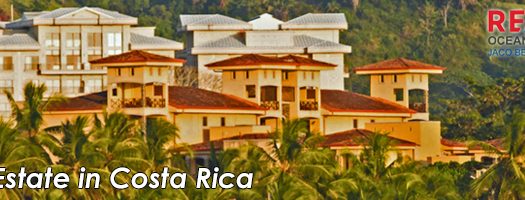Culture in Costa Rica
Culture in Costa Rica
History of Costa Rica
Christopher Columbus discovered Costa Rica in 1502 during his fourth voyage to the Americas. Historically, the Spanish left Costa Rica alone to development itself and concentrate its efforts elsewhere where gold and other goods were more easily available. Another important influence was the strong willed indigenous civilizations that lived in Costa Rica at the time. Life in Costa Rica can be traced back to about 5000 BC. In present times, indigenous tribes make up less than one percent of the population, less than most of Latin America.
Government in Costa Rica
Government in Costa Rica is a democratic republic with a president that is elected to a four year term and can be elected to two non-consecutive terms. In 2010, Costa Rica elected its first woman president, Laura Chinchilla of the PLN party. The previous president, Oscar Arias won the Nobel Peace Price for brokering peace in Nicaragua between the Sandinistas and the Contras in the 1980s and is well known for being a respected spokesman for central and Latin American politics. Costa Rica has a legislative assembly with elections happening every four years.
Laws in Costa Rica
Costa Rica is one of the most stable democracies in Latin America. Costa Rica, after WWII and a one day revolution, disbanded its military and focused instead on education and social services. Today, Costa Rica’s healthcare system is one of the best in Latin America, its longevity tops the United States and its people are educated, hospitable and equal as the constitution grants. Costa Rica is known for its equality for both citizens and foreigners under its laws.
Religion in Costa Rica
Religion in Costa Rica is mostly Roman Catholic, but Costa Rica enjoys freedom of religion and there are a variety of different churches throughout Costa Rica.
Arts in Costa Rica
There are a plethora of arts in Costa Rica and they are mainly centered in San Jose. Costa Rica has a National Symphonic Orchestra, an opera, and several theatre groups including the National Theatre Company, ballet and more. On any given Friday, Saturday and Sunday one can find a several performances to choose from. With the development of the beaches, the arts are slowly spreading to the coast. There are many performances that take place in the town of Jacó as well.
Museums in Costa Rica
Museums in Costa Rica are based in downtown San Jose and include the famous Gold Museum, Costa Rican Art Museum and a children’s museum.
Sports in Costa Rica
Soccer (futbol) is the national sport of Costa Rica. The professional level in Costa Rica consists of two divisions. As Costa Rica is a melting pot, other sports are slowly absorbed, but none even near the popularity of Soccer.
The Locals in Costa Rica
The locals in Costa Rica are called Ticos/Ticas. The Spanish influence in Costa Rica is still the strongest influence in most of the country with the exception of the Caribbean Coastal city of Limon. Nationalities from Jamaica, The Dominican Republic and other Caribbean nations were brought to Costa Rica to build the intercontinental railroad and also to work in the banana plantations.
Education in Costa Rica
Education in Costa Rica. Because Costa Rica has invested heavily on education, much more than its Latin American counterparts, the literacy rate in Costa Rica is around 95%. This is amazingly high and it’s even higher than the United States! There are many trade schools and universities in Costa Rica including the University of Costa Rica.
Land in Costa Rica
Land in Costa Rica has rich and fertile soil; the locals even say that you can throw any seed on the ground and it will grow into a plant or tree. This demonstrates that Costa Ricans have always had plenty of food, water and shelter.
Hurricanes are very rare as far south as Costa Rica, so even the weather, except for the occasional mudslide or flash flood near rivers is quite temperate when compared to its neighbors.
All of these contributing factors are just a few reasons in which the people are laid back, friendly and happy. It’s also the reason why so many foreigners choose to move, work and retire in Costa Rica. The Ticos like to use the phrase, pura vida, which means pure life and it’s truly the best way to describe Costa Rica’s culture.
Come and experience Costa Rica Culture for yourself by planning a vacation. REMAX Oceanside Realty Agents can assist you with all of your Costa Rica vacation and Costa Rica real estate needs. Contact Us today for assistance!






